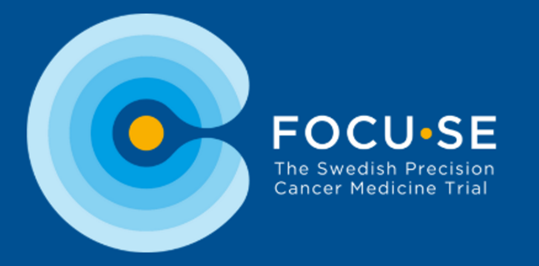The PRIME-ROSE vision is access to affordable precision cancer medicine that prolongs life at the best quality possible for all cancer patients.
The PRIME-ROSE consortium composition reflects the unique approach taken by the community that has assembled around the shared interest of providing cancer patients who have exhausted other treatment options with access to precision medicine diagnostics and treatments.
PRIME-ROSE builds on a bottom-up, clinician-initiated family of precision cancer medicine clinical trials, which have been particularly successful in bringing up inclusion rates to offer additional lines of treatment and in providing patient benefit. These trials share the pragmatic clinical trial design of the original Dutch DRUP trial, with broad inclusion criteria and a limited set of endpoints. However, the trials are still anchored into a national context and are funded independently. The result is a distributed DRUP-like clinical trial network that addresses local priorities while collaborating internationally for scale and impact. PRIME-ROSE is building on and collaborating closely with the related EU project PCM4EU.
PRIME-ROSE is treatment-oriented whereas PCM4EU focuses on deployment of novel PCM diagnostic tools. Altogether, this EU-wide precision cancer medicine deployment will address key scientific and methodological questions, leading to accelerated and improved access to new and effective cancer treatments. The ongoing effort is already leading to harmonization, standardization and pragmatic consensus.





















